Boeing Continues Autonomous Flight Trials in the UK
- Second round of successful live flight trials completed at Llanbedr in Wales
- Paves the way for a sovereign, highly autonomous capability to meet future UK defence requirements
- Technology taken from simulated trials to tailored live testing in less than 12 months
Boeing has completed a second phase of autonomous systems flight trials and carried out a representative Air Launched Effect (ALE) mission at Snowdonia Aerospace Centre in Llanbedr, Wales.
As part of these latest trials, four fixed-wing Albatross Uncrewed Aerial Vehicles (UAVs) were teamed to carry out a mission to detect and jam a radio frequency emitting from an enemy target.
Each UAV was equipped with a mission system and used multispectral machine vision and novel search algorithms to respond to its environment and fellow teaming platforms.
“The latest demonstration builds on the success of the first series of autonomous flight trials that took place last year, where our UK team used an adaptable Boeing autonomy software framework to build intelligent behaviours deployable on multiple platforms,” said Steve Burnell, managing director of Boeing Defence UK.
“As defence forces move towards greater adoption of autonomous and AI technologies, this innovative test programme could be the cornerstone of future autonomous collaborative platforms in the UK.”
Phase two trials incorporate new capabilities such as autonomous platform-to-platform teaming that can target a position from a greater range and allows the platforms to cover more ground with higher confidence in target identity and location. The trials were carried out with support from Phantom Works Global and the University of Manchester.
This test of trusted autonomous behaviours has the potential to integrate with Boeing’s existing family of mature autonomous systems and builds on a series of global trials including a UK-hosted AUKUS trial and UK trials conducted last year.


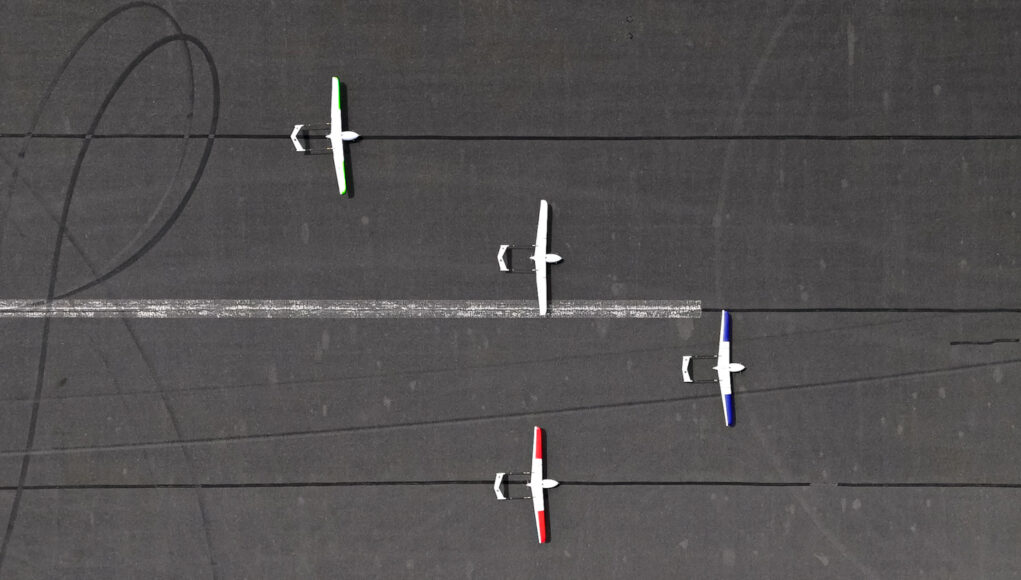

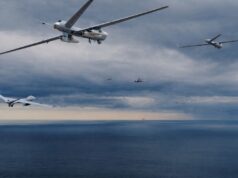
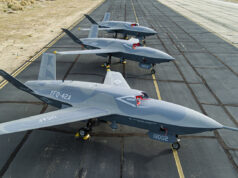
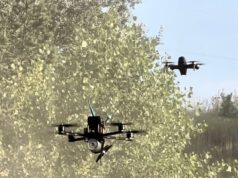
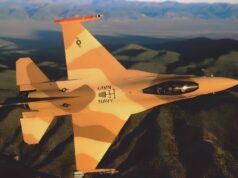





Interesting set of trials suggesting real progress is being made. Although they talk about using a mission payload, a jammer’, I suspect we are still some way from having a deployable loyal wingman operational standard software suite.
Nevertheless, having 4 air vehicles operating and collaborating autonomously, finding a target and delivering a militarily useful effect is a significant achievement. A promising result for the Tempest capability and perhaps F35.
Well done to everyone involved.
Also, interesting that these trials appear to have been split between a national UK effect and AUKUS..?
Cheers CR